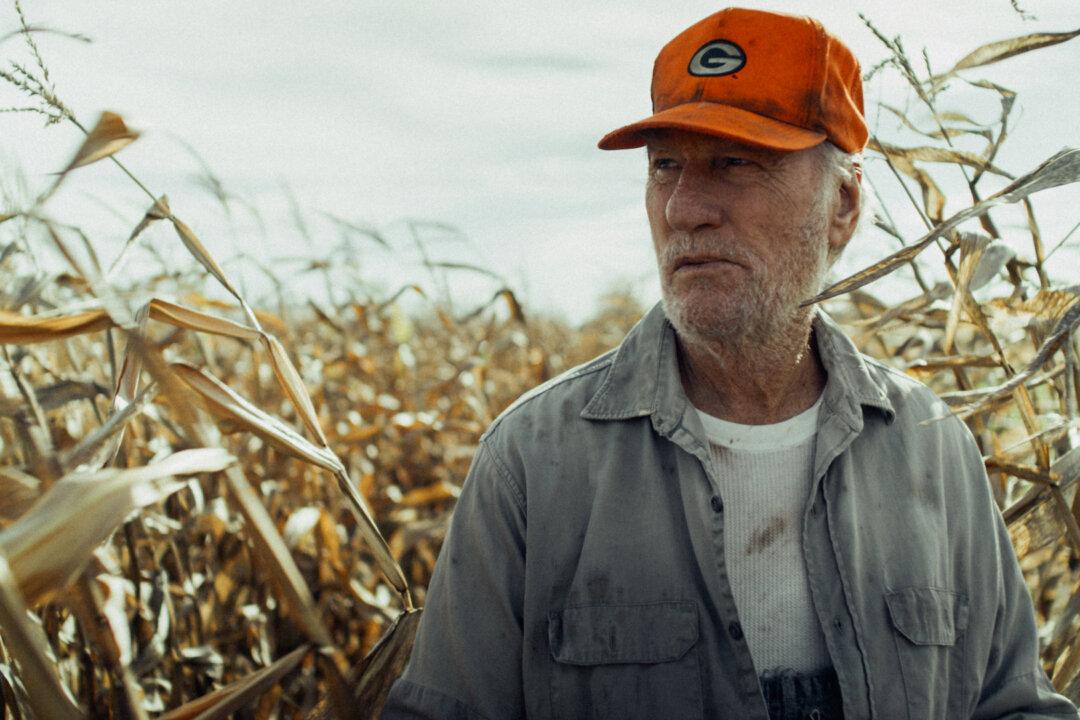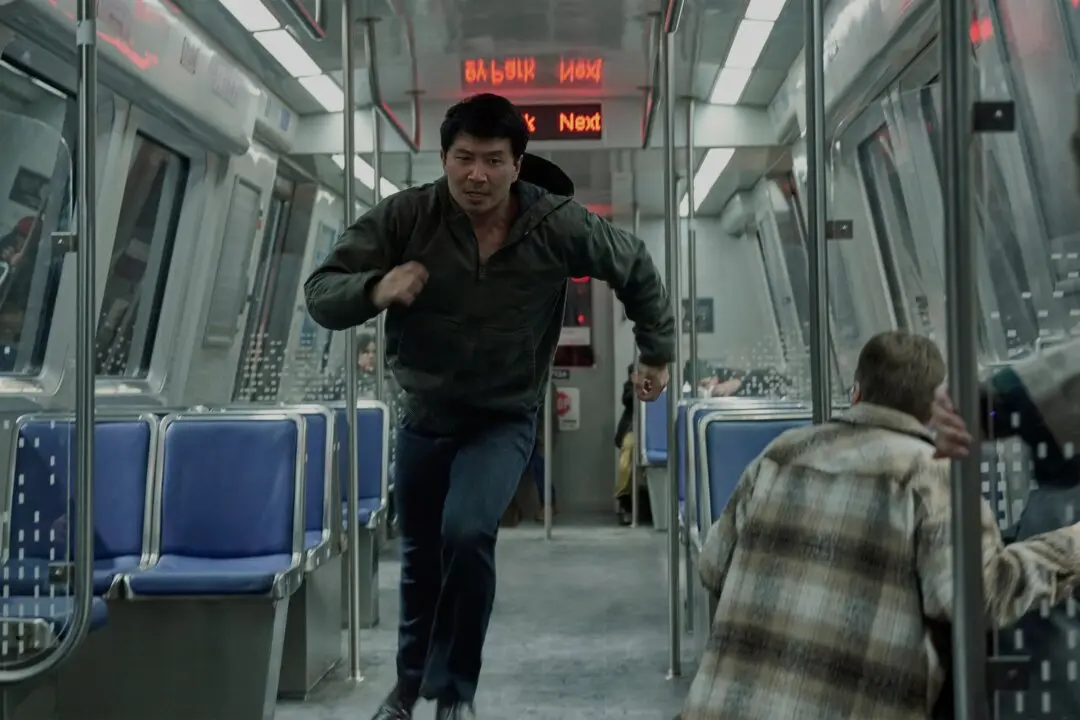NR | 1h 45m | Drama | 2025
Farming requires a lot of hard work and considerable faith. Buck (Craig T. Nelson) and his family always had plenty of both. Unfortunately, money is in short supply. In the early 1990s, low milk prices hit Buck and his fellow Wisconsin dairy farmers hard.





